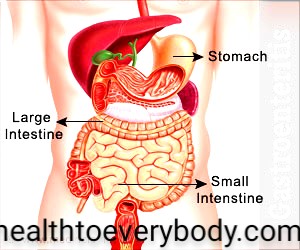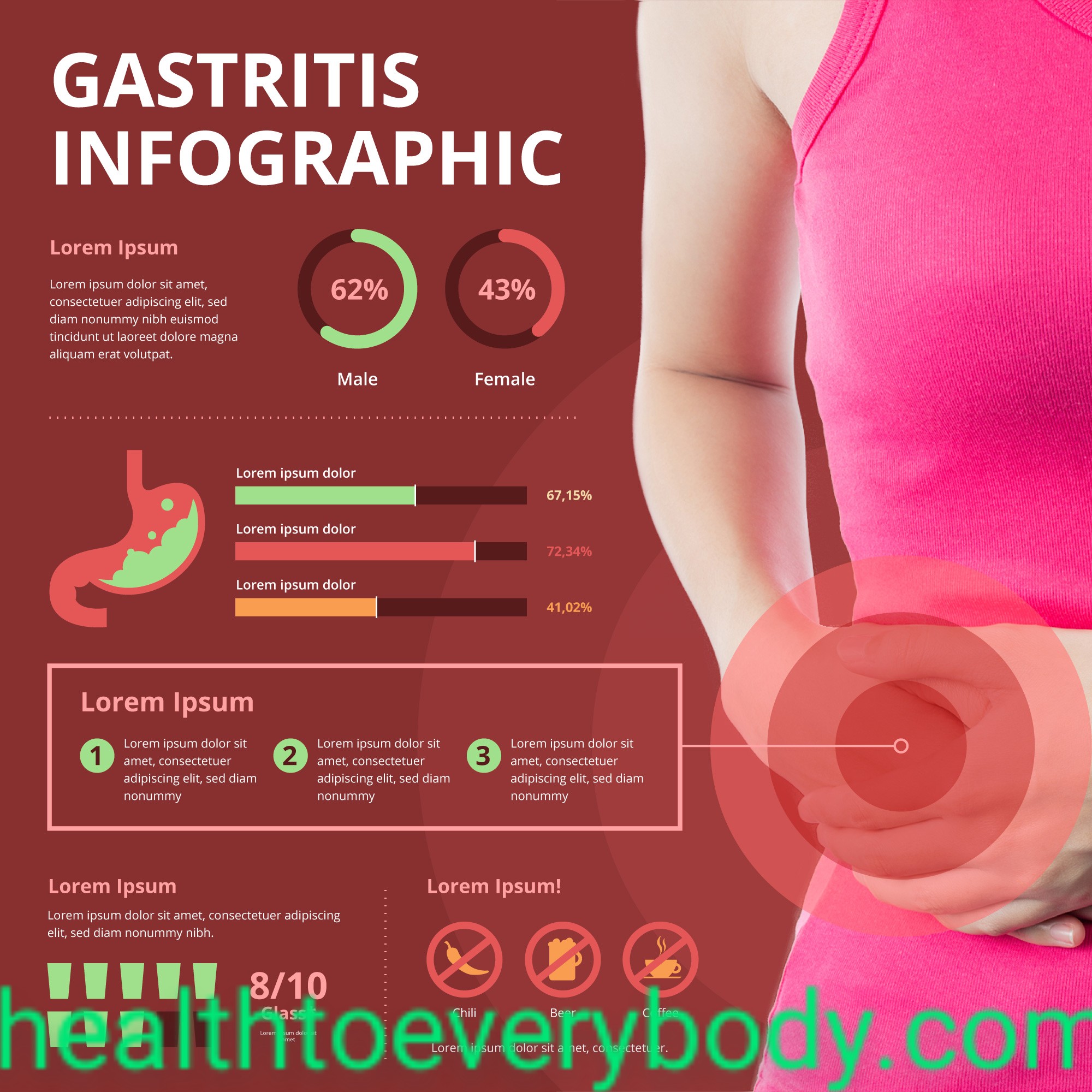
Essential Disease Information on acute gastroenteritis

Diarrhea is caused by viruses (e.g., rotavirus), bacteria (e.g., E. coli, Vibrio-Cholera), Protozoa and toxins (bacteria and chemical ).There is an increase in the volume, frequency and fluidity of stool with or without vomiting. Severe dehydration leads to renal failure. Electrolyte imbalance can lead to low K+ and cardiac arrest.
Important symptoms of acute gastroenteritis

- Cramping abdominal pain,
- fever,
- blood or mucus in stool,
- watery stool,
- increased frequency of stool,
- low urine output,
- nausea vomiting,
- thirst, and muscle cramps.
Important signs of acute gastroenteritis
- Low blood pressure, Tachycardia and weak pulse
- Dry mucus membrane and loss of skin elasticity (turgor)
- Distended or tender abdomen, and hyperactive bowel sound
Stool in acute gastroenteritis
- Bloody diarrhea is dysentery: amoebic or bacillary
- Rice watery stool is seen in Cholera.
Differential Diagnosis of acute gastroenteritis
- IBS (irritable bowel syndrome)
- Drug intake or intoxication,
- Alcohol, Sepsis, Abdominal surgical condition (e.g., appendicitis, bowel obstruction, cholecystitis), peptic ulcer
Consider cholera specifically as it is severe, highly contagious and may represent an outbreak in the community.
Investigation of acute gastroenteritis

- WBC (if fever), Stool RME,
- Na+, k+, if severely dehydrated
First Aid and Emergency Management in acute gastroenteritis

- Lay down the patient on a comfortable bed.
- Maintain ABC (airway, breathing and circulation)
- Check Vital’s signs
- Assess clear history and complete physical examination
- For persistent vomiting give inj. Promethazine –25mg IM or inj. Metoclopramide-10mg IM/IV (not for children < 6years)
- If severe dehydration inform the duty doctor immediately
- Repeat Vital’s hourly.
- Auscultate lungs for sing of over hydration
- Moniter urine output
Assess degree of dehydration

1.Severe dehydration: (any two of following signs)
- Lethargic or Unconsciousness
- Sunken Eyes
- Skin pinch takes over 2 second to go back
- No able to drink
2.Some dehydration: (any of two following sings)
- Restless or irritable
- Sunken Eyes
- Skin pinch goes back slowly
- Thirsty and Drinks eagerly
Treatment
- If severe dehydration IV R/L or NS fast 20 ml/kg(child)or 70ml (adults) till strong radial pulse restored or BP>90. Then calculated to replace deficit, losses and maintenance.
- ORS for Mild to Moderate dehydration ( see below)
- Vitamin A-200000 IU PO (1 capsule) if patent>5 years old
- If protracted vomiting Promethazine-25mg IM (not for child)
If suspected Shigella dysentery and ill patient with fever:
- Cotrimoxazole 2×2×5 adult
- Liquid contains 200mg SMX (sulfamethoxazole) and 40mg TMP( trimethoprim)/5ml
- Child:4mg/kg/dose(TMP)× or 20mg/kg/dose(sulfa) 2×7
- Ciprofloxacin 500mg ×2×3. child: 7.5mg/kg/dose 2×5
If suspected Amoebae:
- Metronidazole 400mg ×3×5 or
- Metronidazole 400mg ×3×5 + Diloxanide 500 mg 3×10
If suspected cholera:
- Doxycycline 300mg stator 100mg×2×5(adults)
- Aggressive fluid resuscitation –give IV fluids stat until pulse and BP are measurable.Use RL or Alternating NS and D/w
If suspected Giardia:
- Tinidazole 2g stat per oral single dose
- Child: Metronidazole 15mg /kg/day 3×7.
Note: Treat with children with antibiotics only for bloody stool,
Amoeba trophozooites, Giardia or suspected cholera. Do not give antiemetic and antidiarroheal drugs to children under 5 years.
For children follow WHO plan A, B or C as appropriate.
Plan-A: No Dehydration
- Give more fluids than normal
- Continue to feed the child
- Return if there are signs of dehydration develop: dry lips, absent tears, sunken fontanel, not passing urine.
- Instruct regarding ORS add 1 packet to 1L of clean water.
Plan-B: Some dehydration
- Give 75 ml/kg ORS over 4 hours and reassess
- Sign of dehydration persist, adnut tge child and continue ORS
- Plan C if needed
- No sign of dehydration continue plan-A
Plan-C: Severe dehydration
- Ringer’s lactate 30ml/kg fast over 1 hour then 70ml/kg over next 5 hours. Begin ORS as soon as the child is able to take it.
Doctor’s Action on acute gastroenteritis
Confirm diagnosis. Suprevise fluid resuscitation. Admit if necessary. (i.e. severely dehydrated or not tolerating any oral fluids)




